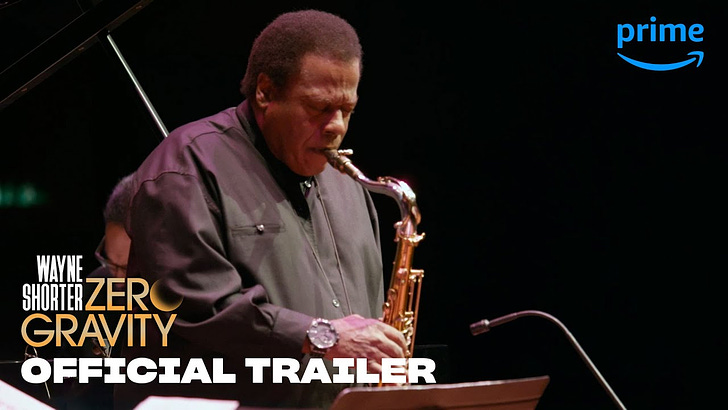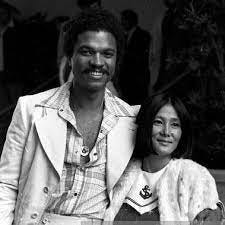Cutting Room Floor: Behind the Scenes of the New Wayne Shorter Documentary
Telling tales out of school about "Wayne Shorter: Zero Gravity"
Hello, dear readers. Your response to the last post was very much appreciated. Thanks for supporting my efforts with your notes, shares, and new subscriptions.
After Los Angeles weathers Tropical Storm Hilary (hang in there, friends), I’ll be in the city for some Wayne Shorter festivities this week. Public events include Herbie Hancock’s August 23rd Hollywood Bowl tribute concert and a “Celebrating Wayne Shorter” series at the club Sam First.
In an upcoming Call & Response post I’ll take you inside my experiences during this Great Week of Wayneness in L.A.
Another big event is the August 25th Amazon Prime release of Wayne Shorter: Zero Gravity. Here’s the trailer.
In honor of this occasion, I glanced over some emails to friends from the period when I worked on the documentary. A few quick anecdotes for you.
I met Zero Gravity director Dorsay Alavi backstage at a Wayne Shorter Quartet concert in 2002 when I was traveling with the group and researching my book Footprints: The Life and Work of Wayne Shorter.
“Michelle, this is Dorsay,” Wayne said. “She did the video for High Life, our record. And she’s a member of the Academy, like you.”
“The Academy” was Wayne’s term for a select group of young women whose work, character, or mojo he admired.
The first thing I noticed about Dorsay was her beauty. She once dated director David Lynch not long after he ended things with Isabella Rossellini. The resemblance between the two women was clear. At this first meeting, Dorsay filmed an interview with me about my book project, impressing me with her poised intelligence. She was already envisioning a Wayne documentary way back in 2002.
When I heard from Dorsay again in 2013, she was working on Zero Gravity in earnest and asked me to consult on the project. That winter, we held a mini-residency of sorts, a week of focused research and story sketching at Dorsay’s Pasadena home.
Wayne and his wife Carolina came over for dinner one night. As the conversation turned to potential documentary interviewees, I brought up Billy Dee Williams. Williams married Wayne’s first wife Teruko Nakagami after she and Wayne divorced.
“Should we contact him?" Dorsay asked.
Wayne told a story about a 72-hour card party he, Herbie, and Billy Dee once had, relishing the excess of those days. Wayne said he believed Billy Dee had hoped to become "the Black Clark Gable.”
Wayne’s reflections were as always so entertaining that we almost forgot he’d not answered our question. We asked, again, "Should we contact him for the documentary?"
Wayne looked down at the table for a minute."I don't think so,” he finally said. “He's like North Korea. You don't know what's really going on in there."
(Early next year, Williams will publish a memoir, What Have We Here? I’ll read it for sure.)
In April 2014 we shot a series of interviews in and around New York. The phrase “warm to the subject” certainly applied to interviews about Wayne. Memories of his unique character and musical genius tended to crescendo an interviewee’s fondness as a session progressed. It was meaningful work.
One charmed, rainy afternoon, we filmed interviews with both Sonny Rollins and Dave Holland at their respective Hudson Valley homes.
Dorsay had recently spoken with Bill Cosby, and she mentioned to Sonny Cosby’s concerns about renewed drug use among younger musicians.
Keep reading with a 7-day free trial
Subscribe to Call & Response to keep reading this post and get 7 days of free access to the full post archives.






